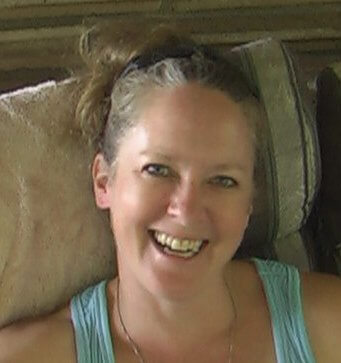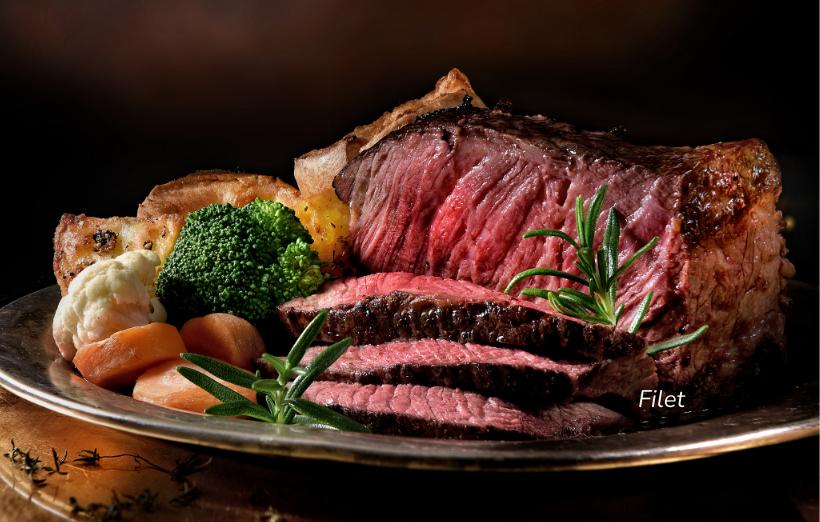
From Dinner Stress to Peaceful Meals
Hi There! I'm Shel 🙋♀️
Like many of you, I noticed the increase in cancer, allergies, and other health issues in our friends and family. I wondered where our food came from, how it was grown, what it was fed, how it was treated.
In 2010, my husband Ray and I sold our business and bought a 113-acre farm in Mercer County, Pennsylvania to have more space for our horses. Then... I wanted some chickens and a "house cow" for our own milk.
But when I started looking for cattle, I discovered something that changed everything: the old-fashioned traditional livestock were still around but were in danger of extinction.
The research and adventure started!
What I Discovered About Food and Life
Did you know a handful of companies worldwide own food production animal genetics? Or that 99.7% of the Holstein (milk cow) bulls descend from just 2 bulls?
I understand animal genetics enough to know this increases the risks for mutations that put the entire gene pool of our food supply at risk - and this just doesn't sit well with me.
For efficiency, modern farms expect animals to put out maximum production in the least amount of space, in the least amount of time, with the least amount of inputs - PERIOD.
The result? Cattle are now specifically selected to maximize beef production without regard to how well they can care for their calves, their genetic diversity, or how well they thrive on pasture without grain.
Here's what else I learned that didn't sit right with me: Most cattle today are chosen to produce the most meat in the least amount of time and to tolerate eating grain in confinement to become fat (prime = fat)
The males are castrated at an extremely young age, without any pain management, and then given hormones to replace the natural hormones that would provide for natural growth.
Additionally, modern farms segment production phases for efficiency, like work on a factory production line, so young animals are moved from farm to farm where they have no generational or natural immunity and mixed with animals from other farms, requiring antibiotics to keep them healthy (and growing).
So I decided to put my life experience with raising and breeding large animals to work and to raise healthy beef on pasture and grass that I could feel good about eating.
Why I Feel Good About My Beef
I decided to conserve genetic diversity and raise old-fashioned genetics (American Milking Devon Cattle) that got left behind when the industry decided bigger and faster was better.
Yeah, I could test my cattle for "tenderness" and other fancy genes and artificially select for that, but that's exactly the kind of industrial thinking I wanted to get away from. That's not the beef I want to eat and I wouldn't feel good about contributing to the loss of genetic diversity.
What feels good to me? Watching my cattle families - mothers, daughters, grandmothers, and their calves - all living together on the same pastures. Some of these family lines have been with me since I started in 2010.
This is what cattle raised ethically and intentionally with kindness and care looks like - cattle living as nature intended, in family groups, on pasture, with respect for their natural behaviors and wellbeing.
When my cattle eat different grasses throughout the seasons, you taste those delicious nuances in the beef. That variation in texture and flavor? That's exactly how beef used to taste before everything got standardized in the 1950s.
When you buy from me, this is the food I put on my table - raised with the same integrity, care and values I put into everything that matters to me.
How I Discovered the Dinner Problem
But I later discovered something else as a busy business owner ... even when I had freezers full of delicious beef from my own farm, I was constantly stressed about dinner.
The overwhelm was real, and other busy business owners and farmers market customers were telling me they were feeling it too.
That's when I realized the problem wasn't just having beef I felt good about eating - it was having intentional food choices and simple systems that actually work.
My Promise to You
Now I help busy Pittsburghers transform their dinner stress into peaceful meals through intentional food choices and simple systems - starting with monthly grass-fed beef delivery from my PA Preferred certified farm to Butler, Allegheny, and Mercer counties.
From my pastures to your table, this local meat subscription simplifies healthy cooking for busy Pittsburghers.
Because when people have systems that work, they can focus on becoming the best version of themselves and creating moments that matter.
Ready to transform your dinner routine from chaos to freedom?

